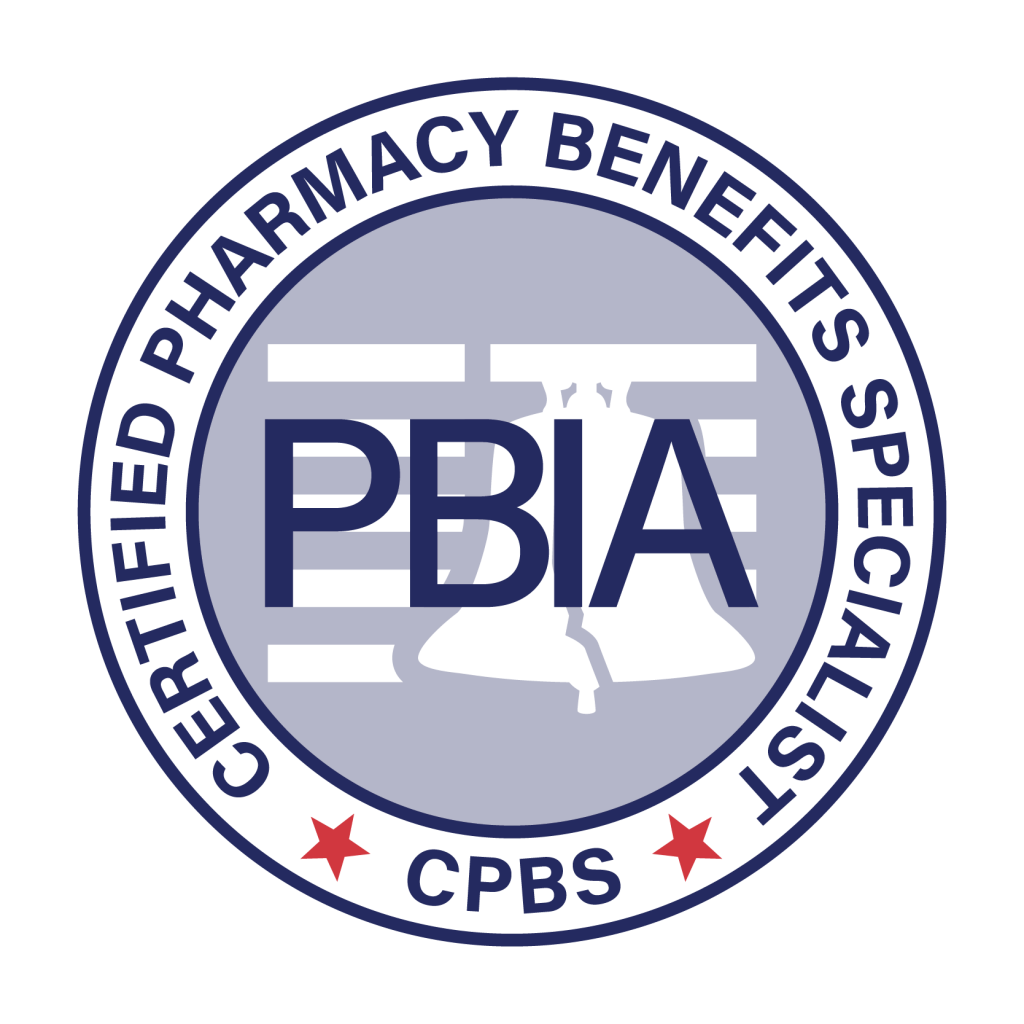Are drug copay coupons a form of charity or a bribe plus other news and notes from around the interweb:
- Is My Drug Copay Coupon a Form of Charity — Or a Bribe? Copayment assistance is a form of profitable charity — and, yes, that’s an oxymoron. By paying patients’ copay — often 10% to 20% of the drug price — manufacturers are more likely to sell expensive drugs and charge insurers the other 80% to 90%. The insurers are stuck paying that tab, even if patients get the drugmakers’ assistance to pay their share. Studies by marketing consultants and academics have found that such outwardly benevolent programs yield great financial returns for drugmakers — conservatively, about $2 for every $1 donated to copay assistance to as much as 4-to-1, according to a Harvard Business School analysis.
- Key Differences Between Fiduciary and Traditional Pharmacy Benefit Managers. Pharmacy Benefit Managers (PBM) are authorized to manage the benefit on their own behalf, with a wide range of restrictions and constraints that serve the PBMs interest, often at the client’s expense. On the other hand, a Fiduciary PBM manages the benefit without that conflict of interest, and with better transparency – looking out for the best interest of the client and plan participants only. What are the Key Differences Between Fiduciary and Traditional PBM Business Models?
- AHIP study claims hospitals charge double for specialty drugs compared to pharmacies. Hospitals on average charge double the price for the same drugs compared to those offered by specialty pharmacies, according to a new insurer-funded study released as federal regulators ponder a probe into the pharmacy benefit management industry. The study (PDF), released Wednesday by insurance lobbying group AHIP, comes as specialty pharmacies have grown in use among PBMs and payers to dispense specialty products. The study was released a day before a scheduled meeting Thursday of the Federal Trade Commission on whether to probe the competitive impact of PBM contracts and how they could disadvantage independent and specialty pharmacies.
- Preparing manufacturers for a changing copay landscape. The traditional pharmacy copay model, which was more commoditized by focusing on the value of each transaction and managing patient eligibility, is quickly shifting toward a patient focused format. What was a comfortable and familiar landscape to manufacturers has been challenged by accumulator and maximizer programs, and manufacturers are challenged to pivot to patient value-based plans, risk sharing models and other forward-looking strategies.
- Louisiana AG sues UnitedHealth, alleging drug overcharges in Medicaid. Louisiana Attorney General Jeff Landry has sued UnitedHealth Group, claiming that the healthcare and insurance giant has inflated drug charges in the state’s Medicaid program by billions. The suit was filed April 13 in state court, Bloomberg reported, and alleges that the company’s pharmacy benefit manager Optum Rx took advantage of the secrecy of the pharmacy supply chain to “needlessly” charge Medicaid billions for prescription drug benefits.
